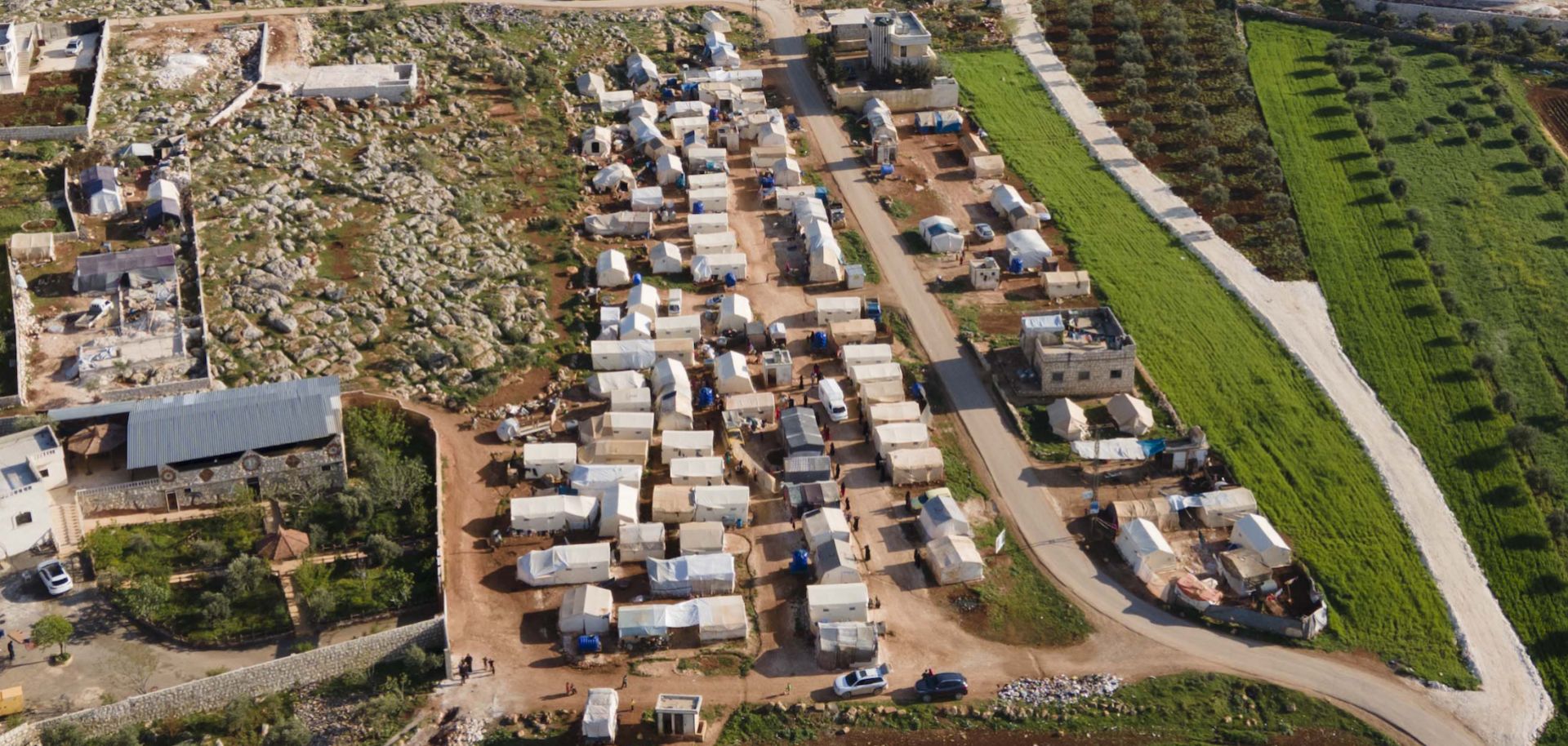The Syrian government’s need to maintain legitimacy amid growing economic challenges may leave it little choice but to tap into the United Arab Emirates’ humanitarian lifelines. But by cozying up with a rival of its longtime ally Iran, Damascus could find itself lodged in a battle for influence between Abu Dhabi and Tehran. Syria’s war-torn economy is in crisis, worsened by the COVID-19 pandemic, the collapse of key trading partner Lebanon’s own economy, and a lack of reconstruction aid to restore its war-shattered infrastructure. On April 15, President Bashar al Assad’s government devalued the Syrian pound in a bid to support the beleaguered currency, just two days after firing the head of the country’s central bank. Meanwhile, constraints on its primary oil provider, Iran, have exacerbated Syria’s long-standing fuel crisis. The Suez Canal blockage in late March coincided with the launch of a more aggressive Israeli campaign to interdict oil...

